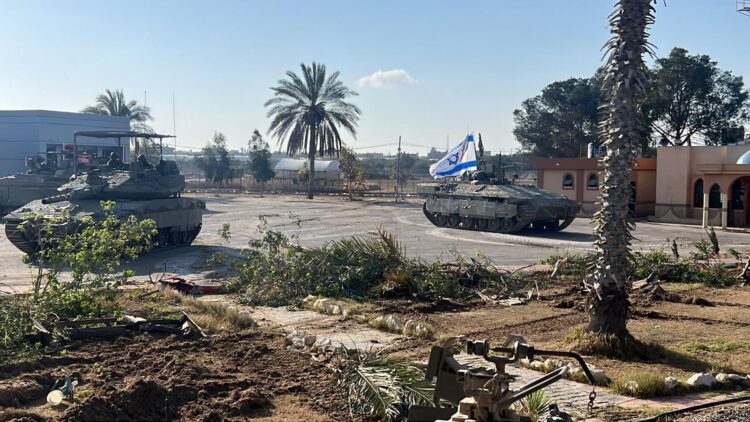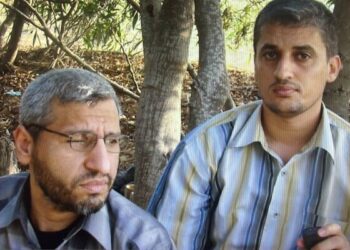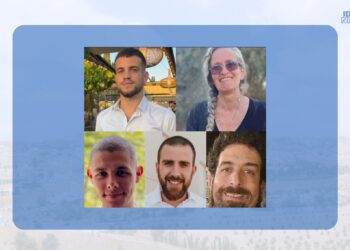The International Court of Justice (ICJ) has made its ruling. South Africa took a case against Israel, claiming Israel is conducting a genocide against the palestinian people. There have been two court hearings on this previously. January 24th and March 28th.
Today the court rules that the state of Israel is conducting a genocide according to the genocide convention and the court orders Israel to immediately halt its war on Gaza and any other actions on palestinians in Rafah for what they called conditions of life and to prevent physical destruction in whole or in part. They referenced the January 26th 2024 order in which the court asked Israel to “Take effective measures to prevent destruction and ensure preservation of evidence.” This was for Israel to be able to prove it was not operating within the framework of the Genocide Convention which is a document written by a Holocaust survivor who was able to get the courts internationally to use the term ‘genocide’ and to actually draw up what a genocide really is.
They said:
“The court is of view that in order to preserve evidence of acts within genocide convention, Israel must take effective measure to ensure unimpeded access to the Gaza strip, by allowing the fact finding missions or investigative body by what they called ‘competent organs of the UN’ to investigate genocide; so the UN was demanding and still is that Israel allow UN representatives to enter.
The court called on Israel to submit a follow up report within one month from today’s order. The court said this order would have international legal ramifications. Then, the court’s president Judge Nawaf Salam, who is from Lebanon, went on to say the court has quote “Great concern over hostages” and calls for the quote “Immediate and Unconditional release.” He said the court finds this quote “deeply troubling.”
There are some 126 hostages remaining in Gaza today.
The court calls for their immediate and unconditional release.
For these reasons: the court by 13 to 2 reaffirms the provisional measures be immediately and effectively implemented. The State of Israel shall see punishment for the genocide faced by civilians in Gaza and immediately halt the military offensive and any other action in Gaza and allow access to UN investigators.
Each of the three parts of the ruling was voted 13 to 2 with the only 2 judges voting against the others including a judge from Uganda and a judge from Israel.
Uganda’s Julia Sebutinde was the only judge on the 17-member International Court of Justice panel (in March) to vote against all six measures that had called on Israel to respond to alleged acts of genocide in Gaza.
In her statement, Judge Sebutinde questions whether South Africa has the legal right to make a case against Israel as an outside party unaffected by the conflict. She also reminds readers that just because Israel was not favored in the court of public opinion does not mean Israel is guilty of the crime.
“Unfortunately, the failure, reluctance or inability of States to resolve political controversies such as this one through effective diplomacy or negotiations may sometimes lead them to resort to a pretextual invocation of treaties like the Genocide Convention, in a desperate bid to force a case into the context of such a treaty, in order to foster its judicial settlement…. it is precisely for this, and other reasons articulated in this dissenting opinion, that I have voted against the provisional measures indicated by the Court in operative paragraph 86 of this Order,” Judge Sebutinde said.
The ICJ’s rulings are binding but they lack enforcement power, similar to its previous orders against Russia’s invasion of Ukraine. The situation has increased international legal pressure on Israel, with the International Criminal Court also seeking arrest warrants for Israeli and Hamas leaders.

























Discussion about this post